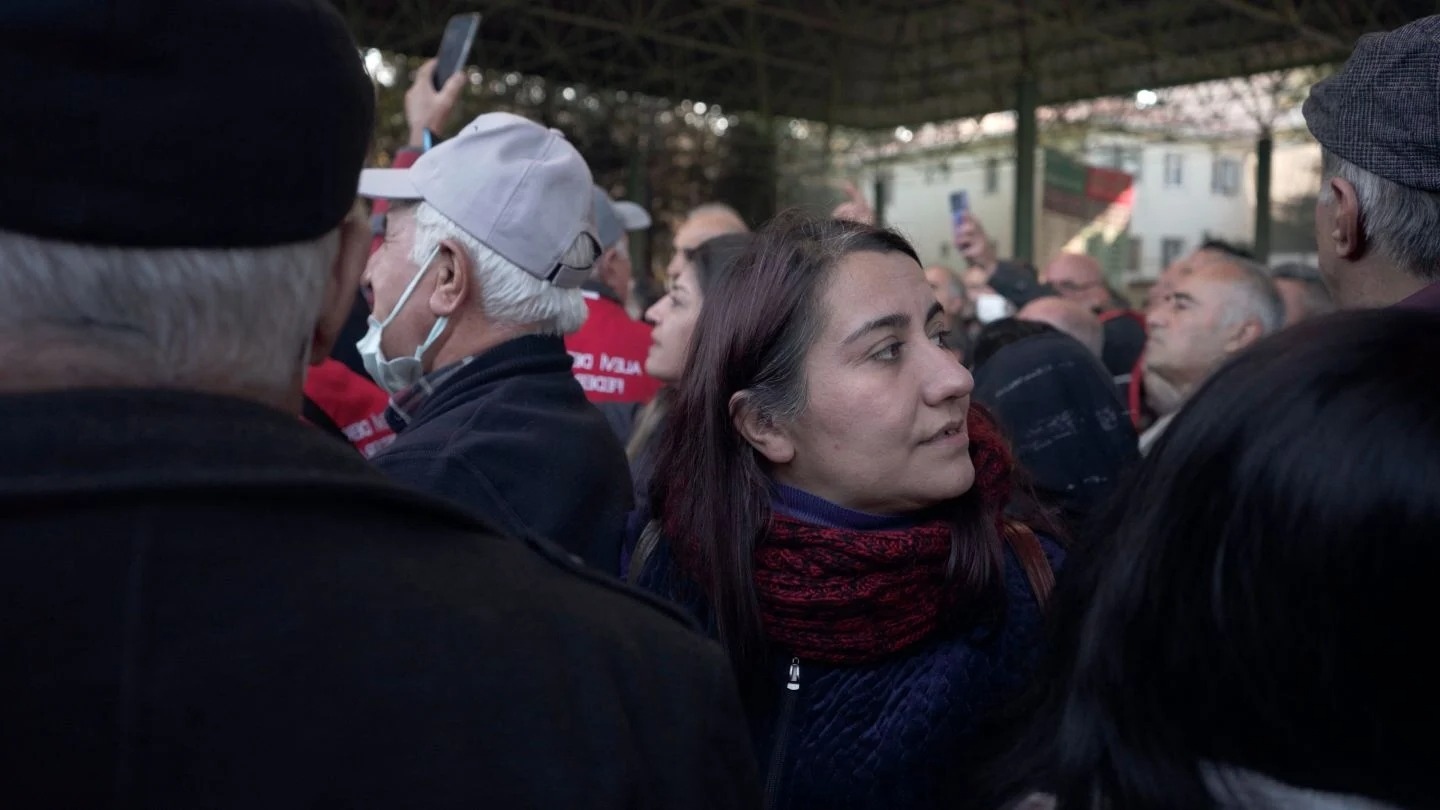
Alevism is a unique and rich tradition within Islam, primarily found in Turkey and the Balkans. Alevis follow a distinct path that combines elements of Shia Islam, Sufism, and local traditions. Unlike mainstream Islam, Alevis place a strong emphasis on the inner, mystical aspects of faith. They celebrate rituals like the Cem ceremony, which includes music, dance, and poetry, reflecting their deep spiritual connection. Alevis also honor figures such as Ali, the cousin of Prophet Muhammad, and Haji Bektash Veli, a revered mystic. Their inclusive and humanistic approach sets them apart, making Alevism a fascinating subject to explore.
Who Are the Alevis?
Alevis are a religious and cultural community, primarily found in Turkey. They have unique beliefs and practices that set them apart from other Islamic groups.
- Alevism is a branch of Islam, but it incorporates elements from other religions and philosophies, including Christianity, Zoroastrianism, and Shamanism.
- Alevis do not follow the Five Pillars of Islam strictly. Instead, they emphasize love, respect, and equality.
- The Alevi population in Turkey is estimated to be between 10 to 20 million, making them a significant minority.
- Alevis celebrate their own religious holidays, such as the H?z?r fast and the Gadir Hum festival.
- Cem ceremonies are central to Alevi worship. These gatherings include music, dance, and poetry.
Beliefs and Practices
Alevis have distinct beliefs and rituals that reflect their diverse influences.
- Alevis believe in the concept of "God within," meaning that God is present in every person.
- They revere Ali, the cousin and son-in-law of Prophet Muhammad, considering him a spiritual guide.
- Alevis do not have mosques. Instead, they gather in cemevis (houses of gathering) for communal worship.
- Music plays a crucial role in Alevi rituals. The ba?lama, a traditional stringed instrument, is often used.
- Alevis practice a form of spiritual mentorship called "dede-talip" relationship, where a spiritual leader (dede) guides the followers (talip).
Historical Background
The history of Alevism is rich and complex, with roots stretching back centuries.
- Alevism has its origins in the 7th century, following the schism between Sunni and Shia Islam.
- The Safavid dynasty in Persia (modern-day Iran) played a significant role in the development of Alevi beliefs.
- Alevis faced persecution during the Ottoman Empire, leading to periods of secrecy and underground worship.
- The Dersim Rebellion of 1937-1938 was a significant event in Alevi history, resulting in mass killings and displacement.
- Despite historical challenges, Alevis have preserved their traditions and continue to practice their faith openly today.
Social and Cultural Contributions
Alevis have made notable contributions to Turkish society and culture.
- Many famous Turkish poets, such as Pir Sultan Abdal, were Alevis. Their works often reflect Alevi themes of love and justice.
- Alevis have a strong tradition of oral literature, including epic tales and folk songs.
- The Alevi community has been active in advocating for human rights and social justice in Turkey.
- Alevis have contributed to the arts, particularly in music and dance, enriching Turkish cultural heritage.
- The Alevi philosophy of tolerance and inclusivity has influenced broader Turkish society.
Modern-Day Challenges
Despite their rich heritage, Alevis face ongoing challenges in contemporary Turkey.
- Alevis continue to struggle for official recognition and equal rights in Turkey.
- Discrimination and prejudice against Alevis persist, both socially and institutionally.
- The Turkish government has been criticized for not providing adequate support for Alevi cultural and religious institutions.
- Alevis have been vocal in demanding the inclusion of their beliefs in the national education curriculum.
- Many Alevis advocate for a secular state to ensure freedom of religion and belief for all citizens.
Global Presence
Alevism is not confined to Turkey; it has a global presence.
- Significant Alevi communities exist in countries like Germany, the Netherlands, and the United States.
- The Alevi diaspora has established cultural and religious centers worldwide to preserve their heritage.
- International Alevi organizations work to promote awareness and understanding of Alevi beliefs and practices.
- Alevis abroad often face challenges in maintaining their cultural identity while integrating into new societies.
- Despite these challenges, the global Alevi community remains vibrant and active, contributing to the multicultural fabric of their host countries.
Final Thoughts on Alevi
Alevi culture is rich and diverse, offering a unique perspective on spirituality and community. From their distinct rituals to their emphasis on equality and social justice, Alevis have a lot to teach us about living harmoniously. Their history, though marked by challenges, showcases resilience and a deep commitment to their beliefs. Understanding these facts helps us appreciate the depth of their traditions and the strength of their community bonds. By learning about Alevi practices and values, we gain insight into a world that prioritizes human connection and moral integrity. This knowledge not only broadens our horizons but also fosters greater empathy and respect for different cultural practices. So next time you hear about Alevis, you'll know just how significant their contributions are to the tapestry of global cultures.
Was this page helpful?
Our commitment to delivering trustworthy and engaging content is at the heart of what we do. Each fact on our site is contributed by real users like you, bringing a wealth of diverse insights and information. To ensure the highest standards of accuracy and reliability, our dedicated editors meticulously review each submission. This process guarantees that the facts we share are not only fascinating but also credible. Trust in our commitment to quality and authenticity as you explore and learn with us.


